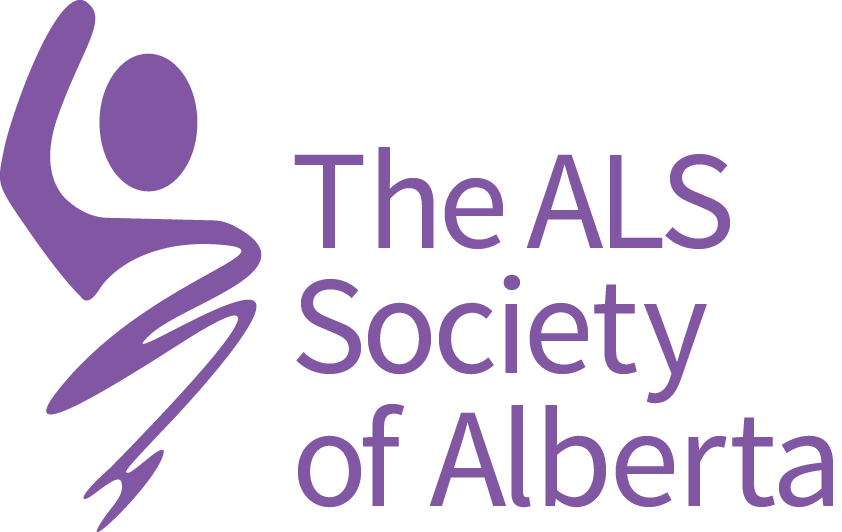The early 2000s was an extremely stressful time in my life; in September 2000, I lost my grandma to a stroke, and 8 months later I lost my dad to cancer. I ran a very busy national non-profit organization, was a single mom to an eight-year-old son, and on top of it all, purchased my first home in August 2002.
In 2003, when my foot started dragging and I took a few unexplained falls onto my backside, I chalked it up to stress. When I went to run for the phone one day and discovered I could not run, I went to the doctor who referred me to a neurologist. After many tests, I was eventually diagnosed with Primary Lateral Sclerosis (PLS) in about 2004.
In primary lateral sclerosis, the nerve cells in the brain that control movement (upper motor neurons) slowly break down and fail over time. This makes the nerves unable to activate the motor neurons in the spinal cord, which control voluntary muscles. This loss causes movement problems, such as difficulty with balance, weakness, slowed movement and clumsiness, and problems with speech and swallowing.
I was already walking with a cane by the time I was diagnosed. Signs and symptoms of Primary Lateral Sclerosis usually take years to progress and generally begin in the legs. My balance was affected next, as it became very easy to knock me over. I went into the washroom of a restaurant and the door swung back, causing me to fall and break my shoulder. From then on when I went out, I used a walker.
Once the doctors knew what I had, I was contacted by the ALS Society of Alberta who provided me with all the equipment I needed to manage this disease. They were and continue to be my lifeline if I need anything from equipment, information to moral support.
I was also invited to come to the ALS Clinic at the South Health Hospital, which brings all the doctors, nurses, and specialists together, so that once a year, I am getting all the medical attention I need specifically directed at PLS in just a few short hours. So very much appreciated.
Over a few years, my PLS progressed to include slow, slurry speech. This continues to be the hardest part of the disease for me. I cannot even stand to hear my voice.
I continued to work until I was forced to retire in 2010, from the organization I had founded and worked to build for 25 years. I was very hurt for a long time and did not know what I would do. I felt useless, without purpose. Eventually, I turned to my bible and to God, who has shown me his grace and the blessings in my disease.
I live a very blessed life. The ALS Society provided me with a power wheelchair which has allowed me to volunteer my time once a week and go to an adult day program, where I enjoy playing cards and other social activities with new friends. I am still able to walk short distances and around my garden with my walker. I am still able to speak, slowly but understandably. I do my own housework, gardening, and some cooking. I have no pain, and my disease has allowed me to learn more about God and how wonderful life is when you are dependent on him.

